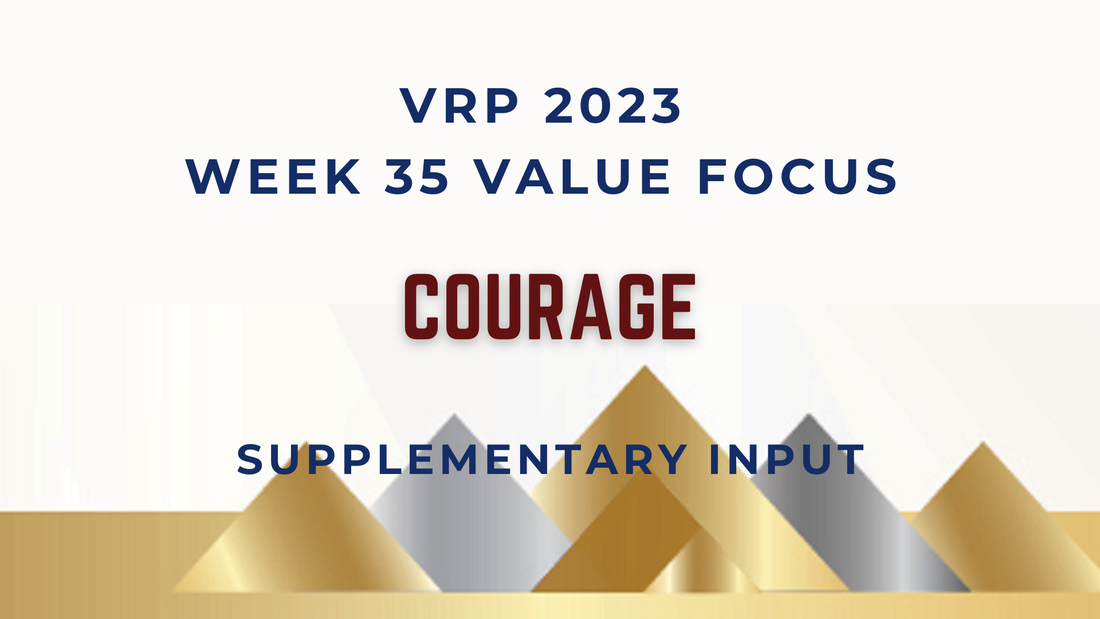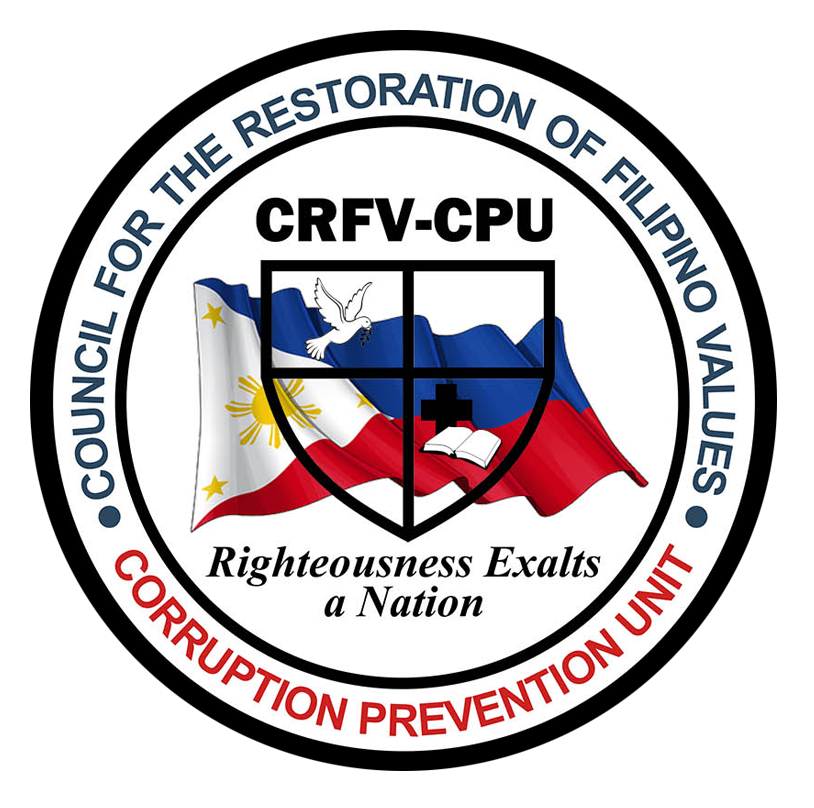|
by: Atty. Carolina Lim-Gamban Our challenges today are different from yesterday – even obstacles have different kinds and levels, so we must be ready to face and overcome them. It takes courage to hurdle these obstacles and so, we must endeavor to develop courage in all its facets. Courage, according to Merriam-Webster, is a mental or moral strength to venture, persevere, and withstand danger, fear, or difficulty. In their separate articles, Dr. Chris Drew and Sonia McDonald, expound on six types of courage.
One is physical courage where one enters a situation that may put to risk his or her body, even his or her life to help someone else. An example of this is the courage exemplified by our firefighters who are to the rescue even though their lives may be at risk in extinguishing consuming fires. Physical courage was also manifested by our heroes when they fought for our nation’s freedom from tyrants and invaders. They sacrificed their own freedom, even their lives, so that we could experience better lives. Another type of courage is social courage. Dr. Drew defines this as the courage to expose yourself to social situations where you may be vulnerable to embarrassment, ridicule, or discomfort. Speaking, performing, or presenting before a crowd or an audience takes social courage. Social courage is needed when we speak before an assembly, especially when we are taking a stand or defending a right. It takes social courage to create a people movement just like Nelson Mandela when he stood for equality and multiracial democracy to eliminate apartheid. The third one is called emotional courage. Emotional courage is the ability to deal with your emotions in a productive and healthy way rather than a destructive one. Emotional courage is needed when we face rejection, hurt, or even loss. Emotional courage allows us to move forward by being optimistic and having vision for our lives. Remember the story of Joseph the Dreamer? He did not allow his emotions to overcome him when he was sold into slavery by his brothers. He had the emotional courage to forgive his brothers and save them from the famine. The fourth kind is called intellectual courage where one is willing to learn and expand their horizons. When we travel to or live in other places – the territories we are not familiar with, we expose ourselves to different cultures, habits, or ways of living. Same happens when we accept new and higher positions in our employment. It takes this kind of courage to learn new things, to perform our new tasks, and to lead people with different perspectives and values. Intellectual courage takes proactivity and growth mindset. Just like at the time of Daniel, he and his friends were taken as captives in Babylon, a land that is foreign to them. This did not hinder them from growing, but even prospered and Daniel even became the governor of the province of Babylon. Another kind of courage is spiritual courage, where Sonia McDonald describes as standing up for what we believe. Daniel also possessed this kind of courage. He did not bow down to the gods of Babylon nor to Nebuchadnezzar, but held on to his faith to worship God Almighty alone. During the time of Saint Peter, Saint Paul, and the disciples of Jesus Christ, it took spiritual courage for them to speak with boldness before the religious leaders, so that their minds will be enlighten to see the truth, and for them to be set free from the bondage of hypocrisy. We too can have the spiritual courage when we are filled with the Holy Spirit. Last, but not the least especially for all public servants, is moral courage. A good definition from the American Association of Colleges of Nursing says that moral courage is the ability to stand up for and practice that which one considers ethical, moral behavior when faced with a dilemma, even if it means going against countervailing pressure to do otherwise. Uncompromising public servants who do not bend to graft and corruption are those who have moral courage – they stand for what is right. They do not give in to temptation but hold on to the north of their moral compass. Again, Joseph the dreamer sets a good example. When he was being tempted by the wife of Potiphar, he never gave in because he honored his master and has deep reverence for God. As public servants, let us not give in to the temptation of love of money, power, fame, and immorality. Let us have the moral courage to uphold the Code of Ethical Standards for Public Officials and Employees, the laws of the land, and most importantly, the laws of God. These faces of courage help us identify which kind we are manifesting and which we need to improve on. Aristotle said, “You will never do anything in this world without courage. It is the greatest quality of the mind next to honor.” In the challenges we face in the present VUCA world, there is one way we could be strong and courageous in all these – know and believe that God is with you. God was with David when he faced the bear, the lion, and Goliath. God was with Moses when they escaped from Egypt. God was Daniel in governing Babylon. God was Josua when he led the people to the promise land. Remember, for God did not give us the spirit of fear, but He has given us power, love, and a sound mind for us to overcome this world.
0 Comments
Leave a Reply. |
CRFV Winning TeamA company of men and women who have committed their lives to the cause of national transformation. Archives
July 2024
Categories
All
|
Our Services |
Our Organization |
SupportSupport Page
FAQ Terms of Use |
Copyright © 2015 | Baguio City, Philippines 2000 | 074-424-1497 | [email protected]


 RSS Feed
RSS Feed
